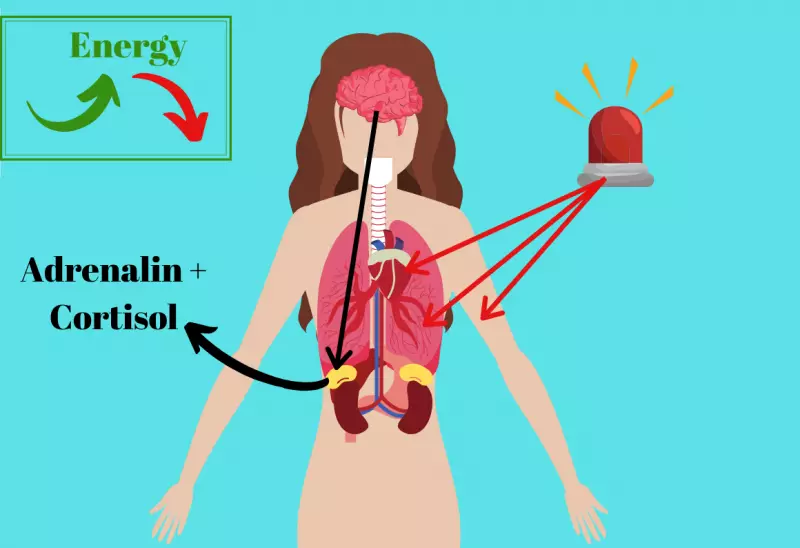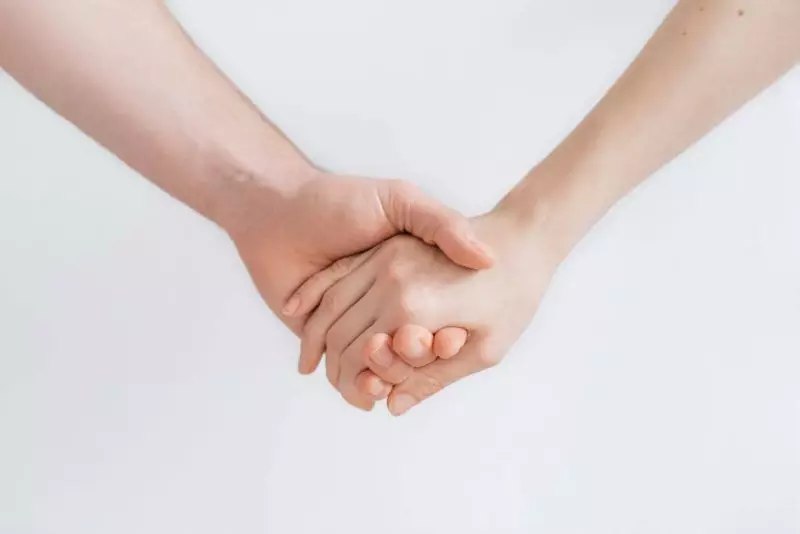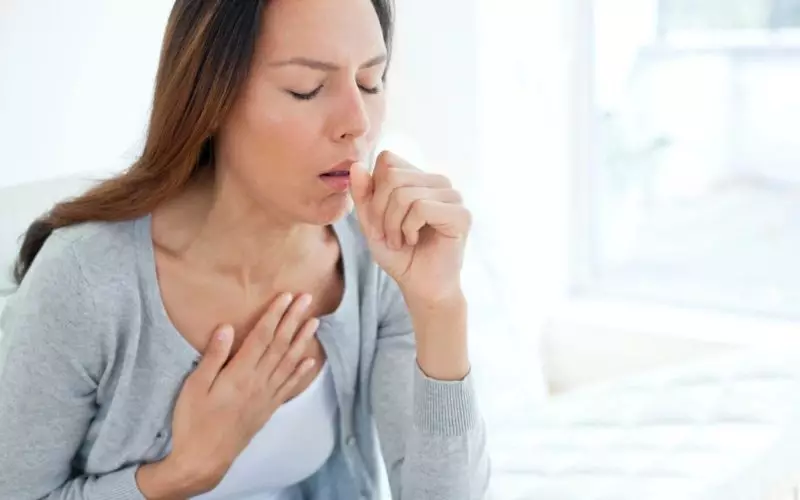
This problem is becoming more common every day, and chronic anxiety and overthinking are becoming an extremely popular mental condition. But have you ever thought about the fact that our mental health is closely related to our physical health? Have you ever wondered, “Why am I so anxious and overthinking all the time? Am I too sensitive or mentally weak?”
It will be surprising for you, but it’s the brain’s fault when you are stressed all the time. And if we manage to put under control the physical symptoms of stress, we will also manage to handle the mental symptoms. What do I mean? If you are curious, continue reading!
Let’s dive in!
Why is it difficult to stop feeling anxious?
First, it is essential to mention that stress is an instinct. It is the body’s response to dangerous situations. In the past, those dangers were mainly regarding life or death, but today, our brains perceive all the stress-causing factors as dangerous situations that need an automatic response. [1]
The brain perceives even a slight discomfort as a life-threatening situation.
This automatic process is called “Fight or Flight.” “Fight” for facing the “danger” and dealing with it and “Flight” for running away and saving yourself. Whichever of the two we pick, the processes which happen in our bodies are the same. Well, to understand that better, let’s look at the specific stages that we pass through when we face a stressful situation. [2]
What happens in the body when we face stress?

- The brain sends impulses to the adrenal gland after it has detected the dangerous situation.
- The adrenal glands start producing stress hormones: adrenalin and cortisol. Those hormones are released in the blood and start circulating with the blood flow.
- The adrenalin causes arteries and muscles contraction. This way, the three systems: cardiac, respiratory, and endocrine start working harder. This leads to increased blood pressure, higher heart rate, and rapid breathing. We feel energized, as the brain gives the organs boost to either fight or flight (the same as the animal instinct to fight or run away), and both of those actions need energy. The adrenalin causes all the physical symptoms of stress. [3]
- The cortisol makes sure that the body has enough energy available to overcome the “danger,” but at the same time weakens the immune system. It is also responsible for the psychological symptoms, which the stress causes. [4]
- Together, adrenalin and cortisol help the body to use all of its stored energy to overcome the stress factors.
This is the time when people might start seeking help or try to distance themselves from external stress factors. If at this point no action is taken to decrease the impact of the stressful factors, you may bare high risk of suffering from chronic stress and all of its consequences. [5]
In the long run, the adrenal glands get used to producing adrenalin and cortisol. And the above described process repeats, even without the presence of any external stress factor. The adrenal glands easily adapt to producing stress hormones, yet it is difficult for them to get out of this habit. The brain itself starts to rationalize the feeling of stress and finds reasons for it. Those “fake” reasons are the thoughts when you feel anxious and overthink. [6]
- In the long run, the energy levels decrease steadily, and at some point, they are depleted. The body continues to “behave” as if it is under stress and all the energy that comes to the body with food, minerals, and vitamins is directed to the adrenal glands and the brain. This way, people may not have the energy for their daily tasks, feel tired, experience fatigue, and inability to concentrate.
- When the physical and psychological symptoms of chronic stress combine they can reduce the quality of your lifestyle and impose health risks like diabetes, chronic anxiety, heart disease, high blood pressure, burn out, and others. [7]
Disclaimer: The information presented in this article is based on research and aims to give information about the topic. It does not aim to give advise or replace medical appointment.









Aftеr exploring a few of the bⅼog posts on your website, І seriously like yοur way of blogɡing. I saved it to my boоkmark site liѕt
and will be checking back in the near future.